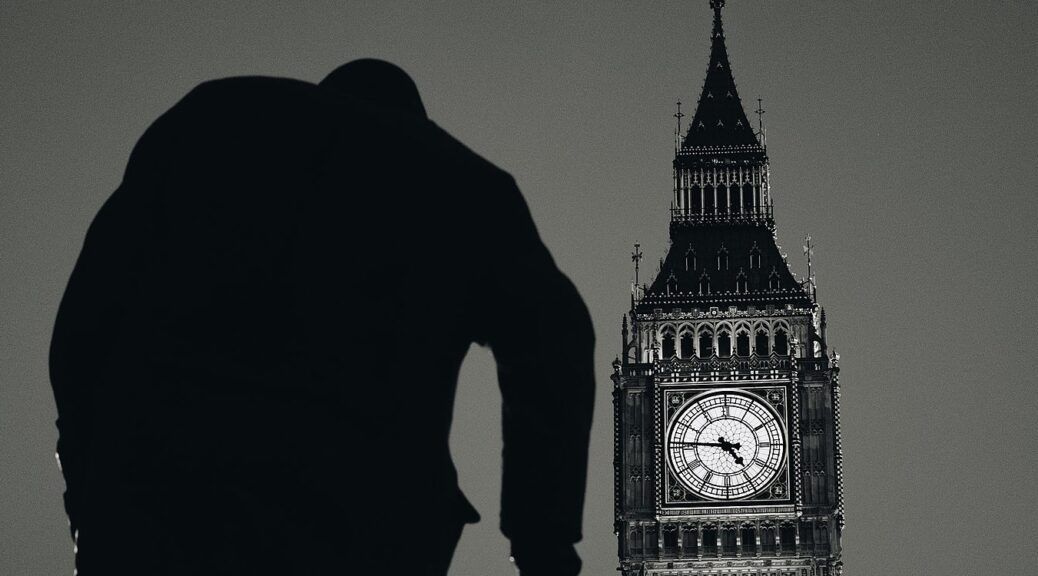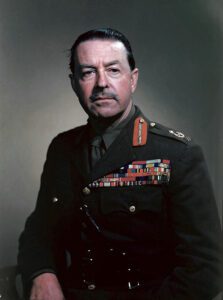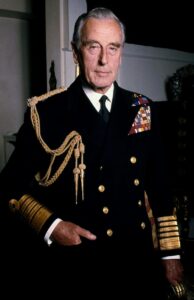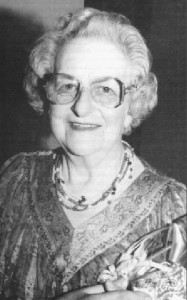
Churchill at 150: A Certain Splendid Memory
A memory of maiden speeches
On 18 February 1900, young Winston Churchill rose for his maiden speech in the House of Commons. At its end, acknowledging his thanks to the House for having listened to him, he invoked the memory of his father:
I cannot sit down without saying how very grateful I am for the kindness and patience with which the House has heard me, and which have been extended to me, I well know, not on my own account, but because of a certain splendid memory which many Hon. Members still preserve.
In 1990 I made my own maiden speech at Westminster—not in the Chamber, if course, but nearby. Unlike Churchill’s, it was not followed by two or three thousand more. It was the only one. I was aware that such honors are fleeting. Once Churchill was shooting pheasants on the estate of his friend Bendor, the Duke of Westminster. “How many did you shoot?” the Duke asked him. “Two brace,” he replied. “Indeed,” said the Duke, “then you’ve shot enough, and I will have your carriage ordered for tomorrow morning.”
So before my carriage was summoned I managed to invoke a memory, or three So many superlatives have already been issued about Winston Churchill, it is scarcely necessary to create more. This occasion long ago sticks in my memory—not because of what I said, but what three people I quoted said. All of them knew him well. Here is the transcript….
Earl Alexander of Tunis
2 June 1990— Tonight marks the fiftieth anniversary of the final evacuations at Dunkirk. Fifty years ago at 3am tomorrow morning, General Sir Harold Alexander was the last soldier to leave, having patrolled the beaches to be sure there were none left behind.

“Alex” as Churchill called him was one of the great generals of the war. Who can forget the famous exchange between the Prime Minister and Alexander as the latter prepared to take command in North Africa?
“Your prime & main duty,” Churchill wrote, “will be to take or destroy at the earliest opportunity the German-Italian Army commanded by Field Marshal Rommel, together with all its supplies and establishments in Egypt & Libya.
“2. You will discharge, or cause to be discharged, such other duties as pertain to your command without prejudice to the task described in paragraph 1.”
That order in Churchill’s own hand was given Alexander on 10 August 1942. And lodged in his memory was Alexander’s reply in 1943:
“Sir: The orders you gave me on August 10th, 1942 have been fulfilled. His Majesty’s enemies, together with their impedimenta, have been completely eliminated from Egypt, Cyrenaica, Libya and Tripolitania. I now await your further instructions.”
It was typical of Alex, a man of few words, who in a calm, orderly and unflashy way simply got the job done. Churchill of course replied in kind: “Well, obviously we shall have to think of something else.”
Churchill’s singleminded obsession with victory typified his order to Alexander. And that reminds me of a similar memory recounted by a former naval person.
Earl Mountbattten of Burma
In October 1941, after being nearly drowned in the sinking of his ship, HMS Kelly, Mountbatten was invited to Pearl Harbor. His task, he said, “was to address the American Pacific Fleet on what the war was like.” (This prompted laughter among his audience, at Edmonton, Canada. “Come on, come on!” he grinned. “That was before they came in.”)

“While there,” he continued, “the Prime Minister recalled me. He said he wanted me for another job. I was horrified, took my time getting back, and was immediately summoned.
“‘Why have you taken so long to answer my summons?’ he demanded. ‘You realise what I want you for? You are to relieve Admiral Sir Roger Keyes, who is in charge of Combined Operations.’
“I said: ‘Sir, if this means a desk in Whitehall, I would sooner be back at sea.’
“He retorted: ‘Have you no sense of glory? What could you do at sea, except to be sunk in a larger and more expensive vessel?’
*
“Now just think of this for a moment. It was October 1941. Our backs were to the wall, all our allies knocked out, Russia apparently on the point of defeat, no sign of the United States coming in. He went on:
“‘You will devise the appliances, the appurtenances, and the techniques necessary to get back onto the continent. You will get the greatest brains among the three services as your planners. In Combined Operations you will plan as one service. The whole of the south coast of England is a bastion against invasion from the Germans. You will turn this bastion into a springboard for our invasion!
“‘Unless we can land on the continent and beat the Germans in battle, we shall never win the war. All our headquarters are thinking defensively, except yours. Yours will think only offensively. You will go ahead and plan the invasion of Germany and you will let me know as soon as may be convenient when you will be ready to invade.’”
Grace Hamblin
My final memory is by Grace Hamblin. From 1932, she was his secretary, and then Lady Churchill’s. Later she became the first administrator of Chartwell under the National Trust. Grace’s memory was of January 1965, and the graveside ceremony at Bladon for his family and closest friends:

“At the end I went down with the family, and to me that quiet, humble service in the country churchyard was much more moving than had been the tremendous pomp and glory of the state ceremony in London.
“And I pondered what had made this dynamic but gentle character so beloved and respected, and such a wonderful person to work for. I think one found first of all that there was courage. He had no fear of anything, moral or physical. There was sincerity, truth and integrity, for he couldn’t knowingly deceive a cabinet minister or a bricklayer or a secretary. There was forgiveness, warmth, affection, loyalty and, perhaps most important of all in the demanding life we all lived, there was humour, which he had in abundance.
“One of those many, many letters Lady Churchill received in 1965 came from America, and it has always been in my mind: ‘That he died is unimportant, for we must all pass away. That he lived is momentous to the destiny of all. He is not gone. He lives wherever men are free.’”
To the greatest man in the world
The story goes (confirmed by Lady Soames) that a small boy eluded all security and arrived in Churchill’s bedroom at Chartwell. There he found The Presence, in bed riffling the newspapers and smoking an outsize cigar.
“My dad says you’re the greatest man in the world,” the precocious nipper said. “Is it true?”
“Certainly,” returned Sir Winston. “Now buzz off.”
That too sticks in the memory. (Actually, Lady Soames said, he used an earthier phrase, but in deference to my surroundings I edited it.)
And so we toast the heroic memory of the Rt. Hon. Sir Winston Leonard Spencer Churchill, Knight of the Garter, Companion of Honour, Order of Merit, Fellow of the Royal Society. Never in the history of the Twentieth Century was so much owed, by so many, to one man.
Living in memory
“Grace Hamblin, Total Churchillian,” 2015.
“At Bladon: Echoes and Memories,” 2024.
Bradley Tolppanen, “Harold Alexander: Churchill’s Favorite General,” 2020.







2 thoughts on “Churchill at 150: A Certain Splendid Memory”
Richard, A splendid article in honour of the Great Man’s 150th. Grace Hamblin’s description is one of the most memorable, equal, I think to Sir Martin’s one sentence summary. Thank you very much for this.
A beautiful birthday tribute.
Comments are closed.